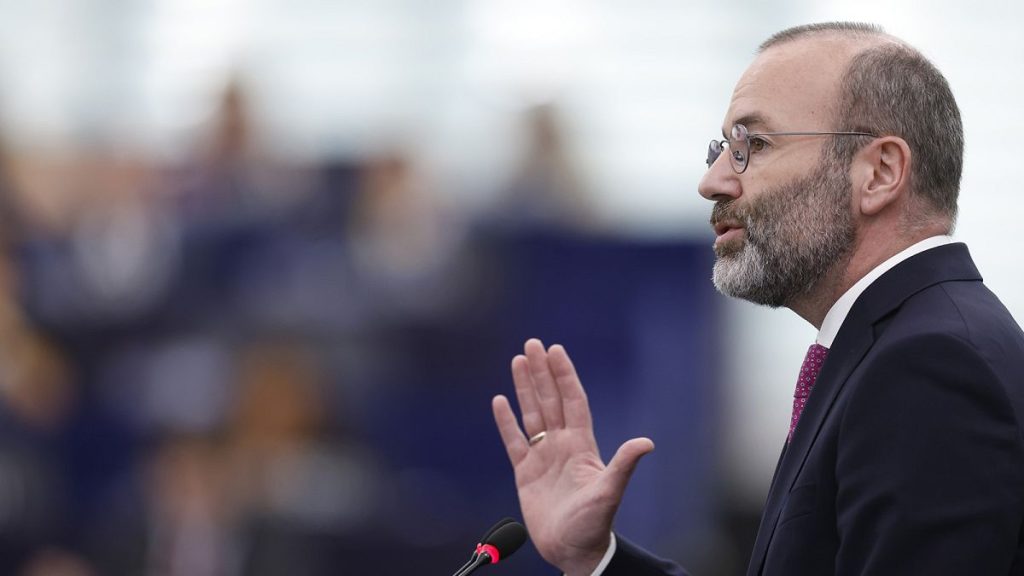The President of the European People’s Party (EPP), Manfred Weber, criticized Hungary’s decision to simplify entry conditions for Russian visitors, warning of an increased risk of espionage activities. Hungary introduced a new fast-track visa system for Russian visitors, allowing them to enter the country without security checks and travel freely to other EU countries. Weber sent a letter to European Council President Charles Michel expressing concern about Hungary potentially enabling spies to enter the bloc more easily. He raised alarm over the loopholes in the new rules and the risk they pose to national security and the Schengen area. The European Commission is already in contact with Hungarian authorities on this matter to address security concerns.
Russian citizens are not prohibited from entering the EU and the Schengen zone, which includes non-EU members like Norway and Switzerland. However, following Russia’s invasion of Ukraine in February 2022, sanctions were imposed on Russia, making it more difficult for Russian nationals to travel to the EU. Each EU member state is responsible for deciding its own criteria for issuing work permits and managing immigration. Hungary had recently tightened its immigration laws, making it harder for certain third-country nationals to obtain residence permits.
Hungary’s Prime Minister, Viktor Orbán, has faced criticism for his pro-Russia stance and increasing ties with Moscow and Russian President Vladimir Putin. Orbán’s diplomatic actions, including visits to Kyiv, Moscow, and Beijing, have raised concerns in Brussels and other EU capitals. His meeting with Putin was dubbed “Peace Mission 3.0,” leading to calls to strip Hungary of its EU presidency and voting rights under Article 7 of the EU treaty. This has caused tensions with EU foreign policy chief Josep Borrell and neighboring Poland, with accusations of disloyalty and moral hypocrisy.
Orbán’s actions have resulted in ongoing tensions with the EPP, of which his ruling Fidesz party was a member. Fidesz left the EPP group in the European Parliament in 2021 to prevent suspension or expulsion, following the party’s suspension in 2019 over rule-of-law concerns. Orbán formed his own far-right parliamentary group, Patriots for Europe, after the European elections. The Hungarian leader has accused EPP President Weber of being “Hungarophobic” and trying to harm Hungary. The recent invitation extended by Weber to Orbán’s domestic opponent, Peter Magyar, to join the center-right group has further strained relations between Hungary and the EPP.
The EPP continues to express concerns about Hungary’s visa policy towards Russian visitors, emphasizing the importance of ensuring the security of the EU and the Schengen area. The European Commission is actively engaged with Hungarian authorities to address these security risks. Orbán’s controversial diplomatic actions and pro-Russia stance have further strained relations between Hungary and the EU, triggering calls for consequences such as the suspension of Hungary’s EU presidency and voting rights. The ongoing tensions between Orbán, Fidesz, and the EPP highlight broader divisions within the EU over foreign policy, security, and governance issues.


